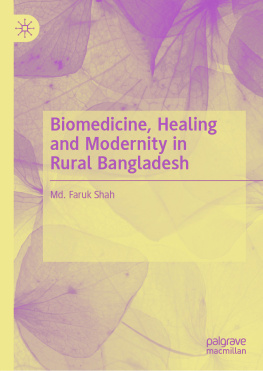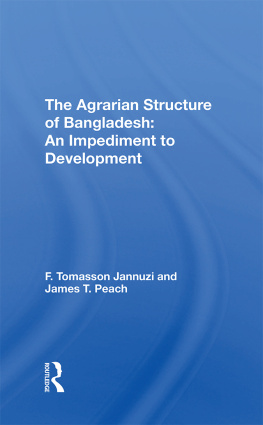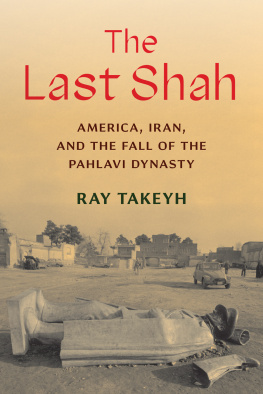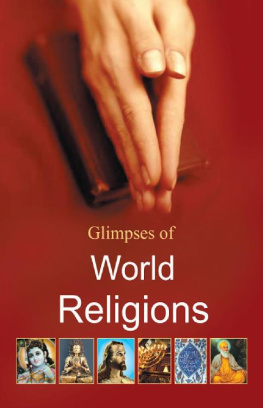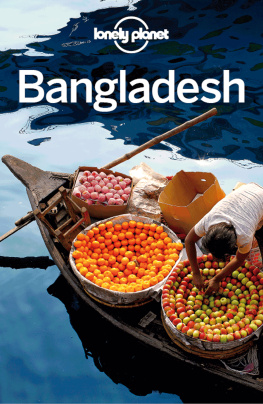Md. Faruk Shah - Biomedicine, Healing and Modernity in Rural Bangladesh
Here you can read online Md. Faruk Shah - Biomedicine, Healing and Modernity in Rural Bangladesh full text of the book (entire story) in english for free. Download pdf and epub, get meaning, cover and reviews about this ebook. year: 2020, publisher: Springer Singapore, genre: Politics. Description of the work, (preface) as well as reviews are available. Best literature library LitArk.com created for fans of good reading and offers a wide selection of genres:
Romance novel
Science fiction
Adventure
Detective
Science
History
Home and family
Prose
Art
Politics
Computer
Non-fiction
Religion
Business
Children
Humor
Choose a favorite category and find really read worthwhile books. Enjoy immersion in the world of imagination, feel the emotions of the characters or learn something new for yourself, make an fascinating discovery.
- Book:Biomedicine, Healing and Modernity in Rural Bangladesh
- Author:
- Publisher:Springer Singapore
- Genre:
- Year:2020
- Rating:5 / 5
- Favourites:Add to favourites
- Your mark:
- 100
- 1
- 2
- 3
- 4
- 5
Biomedicine, Healing and Modernity in Rural Bangladesh: summary, description and annotation
We offer to read an annotation, description, summary or preface (depends on what the author of the book "Biomedicine, Healing and Modernity in Rural Bangladesh" wrote himself). If you haven't found the necessary information about the book — write in the comments, we will try to find it.
Biomedicine, Healing and Modernity in Rural Bangladesh — read online for free the complete book (whole text) full work
Below is the text of the book, divided by pages. System saving the place of the last page read, allows you to conveniently read the book "Biomedicine, Healing and Modernity in Rural Bangladesh" online for free, without having to search again every time where you left off. Put a bookmark, and you can go to the page where you finished reading at any time.
Font size:
Interval:
Bookmark:
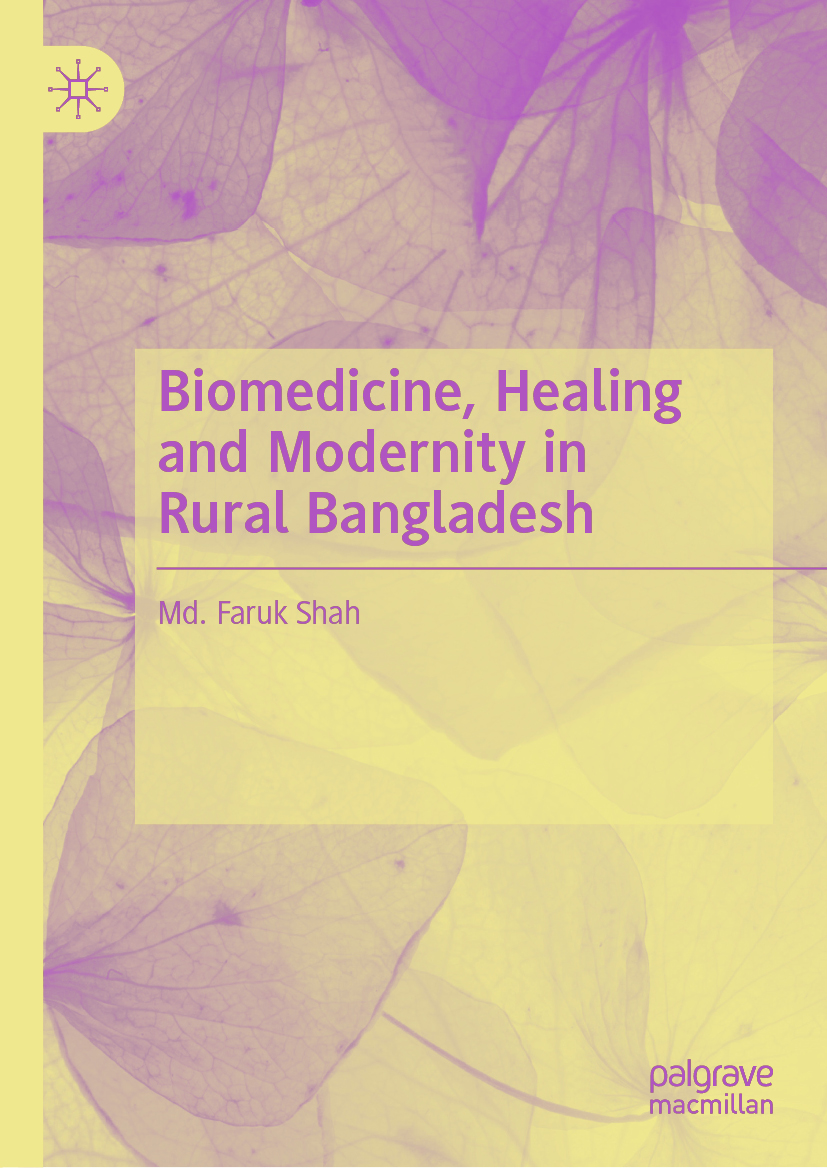

Cover credit: Maram/shutterstock.com
This Palgrave Macmillan imprint is published by the registered company Springer Nature Singapore Pte Ltd.
The registered company address is: 152 Beach Road, #21-01/04 Gateway East, Singapore 189721, Singapore
Faruk Shahs evocative text traces some of the myriad ways that power, politics, and culture come to shape the illness experiences of the poor and marginalized in Bangladesh. Tracing the effects of national as well as local political dynamics on Bangladeshi medical practice, it makes a new contribution to studies of biomedicine in South Asia.
Susanna Helen Trnka,Associate Professor, Department of Anthropology, University of Auckland, New Zealand
There are very few examples of anthology of biomedicine from the Non-Western context. Taking Bangladesh as a case Faruk Shah convincingly explores the idea of plurality of biomedicine. This book deserves to be read by anthropologists and global health practitioners alike.
Shahaduz Zaman,Medical Anthropologist, University of Sussex, UK
InBiomedicine, Healing and Modernity in Rural Bangladesh, Faruk Shah addresses many core issues in critical medical anthropology. From the ways that medical technologies, scientific truth claims, and clinical practices that are often assumed to possess universal applicability become reformulated in local Bangladeshi settings, to the complex choreographies of care, corruption, and class that play out across clinical experiences, this book presents a timely and nuanced portrait of patients and medical practitioners, alike, living within the constraints of health care needs, policy failures, and structural inequalities.
Sienna R. Craig,Associate Professor, Department of Anthropology, Dartmouth College, USA
Biomedicine, Healing and Modernity in Rural Bangladeshis unique for its direct assessment of the often horrifying outcomes of the interaction of medicine, corporate greed, poverty and power in South Asia. That Faruk Shah has accomplished a remarkable work of ethnographic scholarship is made clear by the information he has been able accumulate covering all aspects of rural medical practices in Bangladesh. If academia is to have any impact on the realities of human life, we will need more researchers like Faruk Shah.
Dr. Gregory D. Booth,Professor of Ethnomusicology, University of Auckland, New Zealand
This ethnography makes a significant contribution to our understanding of biomedical health systems and their impacts on people and health related process in Bangladesh, and by extension to many other similar contexts across the global south.
Sita Venkateswar,Associate Professor, School of People, Environment and Planning, Massey University, New Zealand
This book proffers a meticulous ethnographic insight into the nature and manifestations of corruption in healthcare system as well as a treatment of gendered aspects of modernity. There has been strikingly limited research on the subject, and the work deserves wide readership.
Professor Niaz Ahmed Khan,Department of Development Studies, University of Dhaka, Bangladesh
As a young university teacher in Bangladesh, Md. Faruk Shah sought to continue his studies for a higher degree. His desire was to examine health care in rural Bangladesh. That opportunity came in 2011 via an international doctoral scholarship to one of the worlds top 100 universities: the University of Auckland, New Zealand. In Auckland, his academic home was in the highly ranked Department of Anthropology in the Faculty of Arts. I, a Professor of Social Anthropology, and Associate Professor Susanna Trnka were appointed his supervisors. We continued in this role until Faruk graduated with his Ph.D. in 2015 and returned to his academic position in Bangladesh.
During that time, we supervisors, Faruks fellow students and our academic colleagues learned a great deal about Bangladesh health systems, at the same time that Faruk advanced his studies in medical anthropology and learned about life in New Zealand. I am delighted that the fruits of his doctoral research can now be shared with the wider audience that it deserves. It is a remarkable contribution to how biomedicine becomes localized in a particular time and place, as well as an in-depth critical ethnographic study of health care and health systems in rural Bangladesh.
I agree with a reader ofBiomedicine, Healing and Modernity in Rural Bangladesh, who says: By combining a top down policy-oriented overview with ground-up ethnographic methodologies, the thesis unravels the richly contextual, layered, multi-sectorial and chilling landscape that constitutes modern biomedicine in rural Bangladesh. Initially hearing that poor patients have to pay baksheesh to hospital orderlies to ensure care, I was incensed. But soon I understood from Faruk that orderlies do not get paid a living wage; similarly, pharmaceutical representatives seemed initially to be parasites, until Faruk explained that if they want to remain employed, even with such terrible working conditions, their harassment of doctors and patients is necessary to their survival. The examples could be multiplied: from village doctors dispensing biomedicines with little to no training, but being largely trusted by their suffering, poor patients; to preferential health care for elites; to unnecessary surgeries and prescriptions; to the national context in which Bangladesh promises free public health care to all citizens but does not accord the health system adequate resources. I am astonished by the clarity with which Faruks research participants at all levels talk openly about their apparently unavoidable entanglements in systemic corruption.
Font size:
Interval:
Bookmark:
Similar books «Biomedicine, Healing and Modernity in Rural Bangladesh»
Look at similar books to Biomedicine, Healing and Modernity in Rural Bangladesh. We have selected literature similar in name and meaning in the hope of providing readers with more options to find new, interesting, not yet read works.
Discussion, reviews of the book Biomedicine, Healing and Modernity in Rural Bangladesh and just readers' own opinions. Leave your comments, write what you think about the work, its meaning or the main characters. Specify what exactly you liked and what you didn't like, and why you think so.

